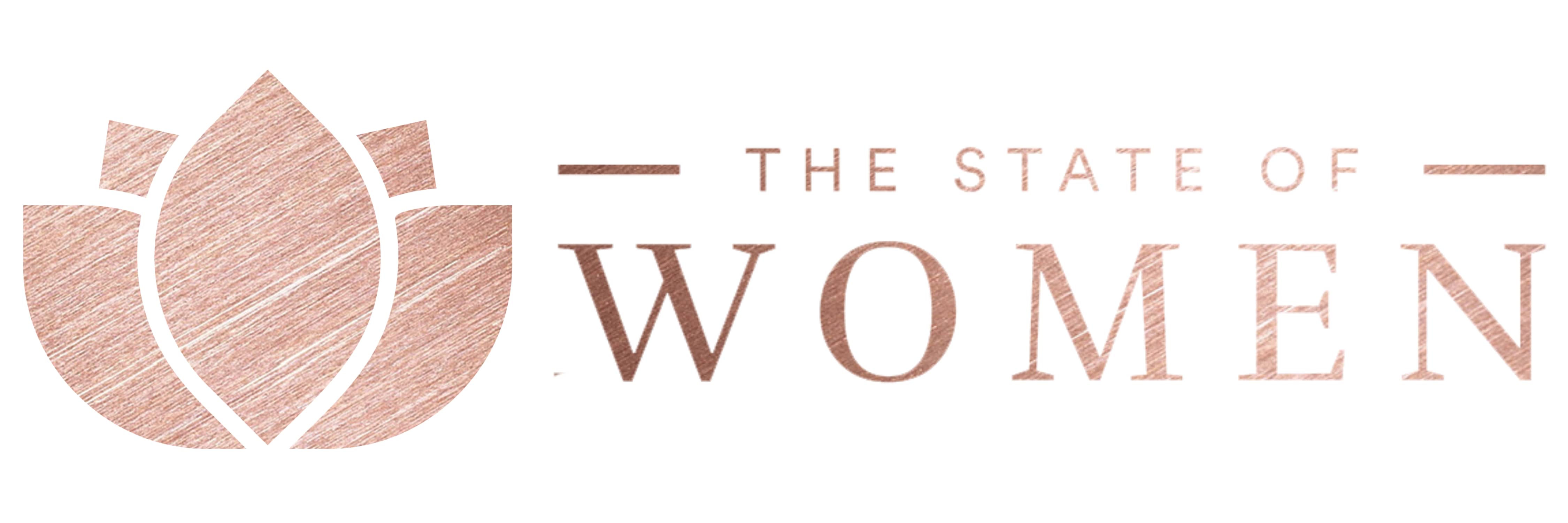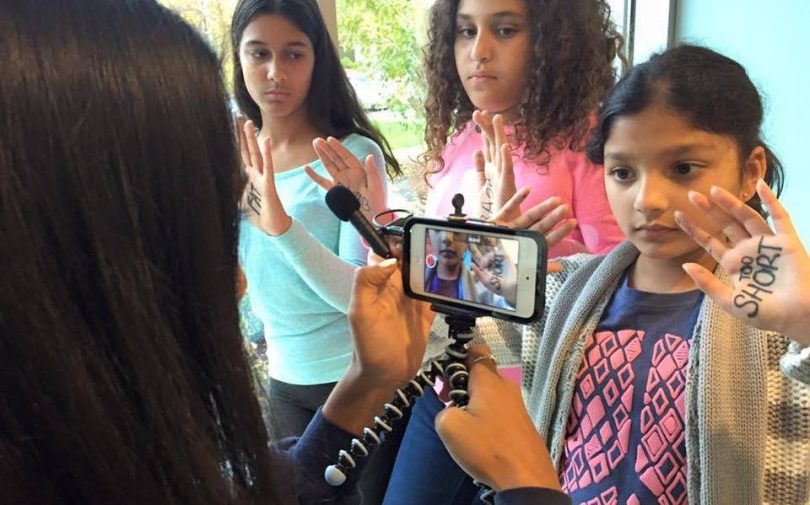Film making is an ideal medium for telling diverse stories–but the industry continues to be dominated by straight, white men, and many young women and girls hesitate to pursue movie making. One organization has been working for nearly 15 years to combat that. Seattle-based Reel Grrls, which may expand out of the state in the near future, uses volunteer and paid mentors and teachers to show the ropes of film making to girls middle-school-age and up.
As the girls grow comfortable with the technology and build confidence, it also battles another long-held bias–that girls and women are not as good with tech as boys and men.
The nonprofit is empowering girls to tell their own stories, insightful works ranging from silly to serious, and is creating a twofold pipeline to improve the situation: More girls behind the camera now means more women behind the camera in the years and generations to come; and with girls and young women telling stories, the media we all consume will start to tell a more diverse–and representative–story.
The organization focuses on educating and empowering girls and LGBT individuals, and works to build a network, making connections in the video and film industries. They teach classes including vlogging, editing, storytelling, sharing strategies and more. Click through to learn more.
geekwire.com – The video recording and editing capabilities of smartphones and tablets have made it easier than ever for would-be filmmakers to create all manner of videos. And yet the world of movie-making is still overwhelmingly dominated by white, straight men.
At least for now.
Seattle’s Reel Grrls is working to empower young women and LBGT youth to find their voice in filmmaking and learn to use everything from simple smartphone technology to high-production cinematic tools.
With the help of Reel Grrls, youth are discovering “my voice is important and I have the skills and technology available to me,” said Malory Graham, who founded the nonprofit in 2001. They realize that they have something essential to say and that no one else can say it as well as they can.
“They’re making their own media,” Graham said. “And that’s going to change the face of the media we see.”
For many, that change would be welcome. Sunday’s Academy Awards drew criticism and boycotts by movie stars upset by the absence of black, Hispanic and other non-white awards nominees. And a university study released last week measured the lack of women, racial minorities and LBGT people in movies, TV and digital series — both behind the camera and in front of it.
Read more here.



